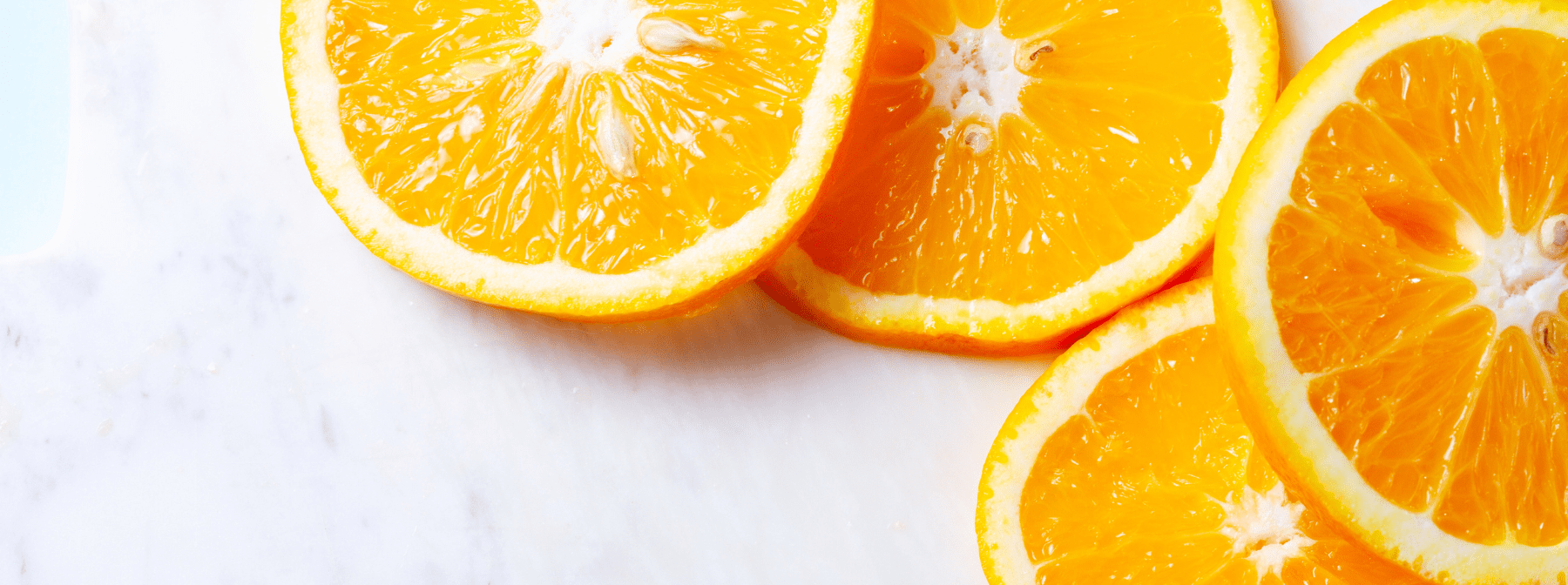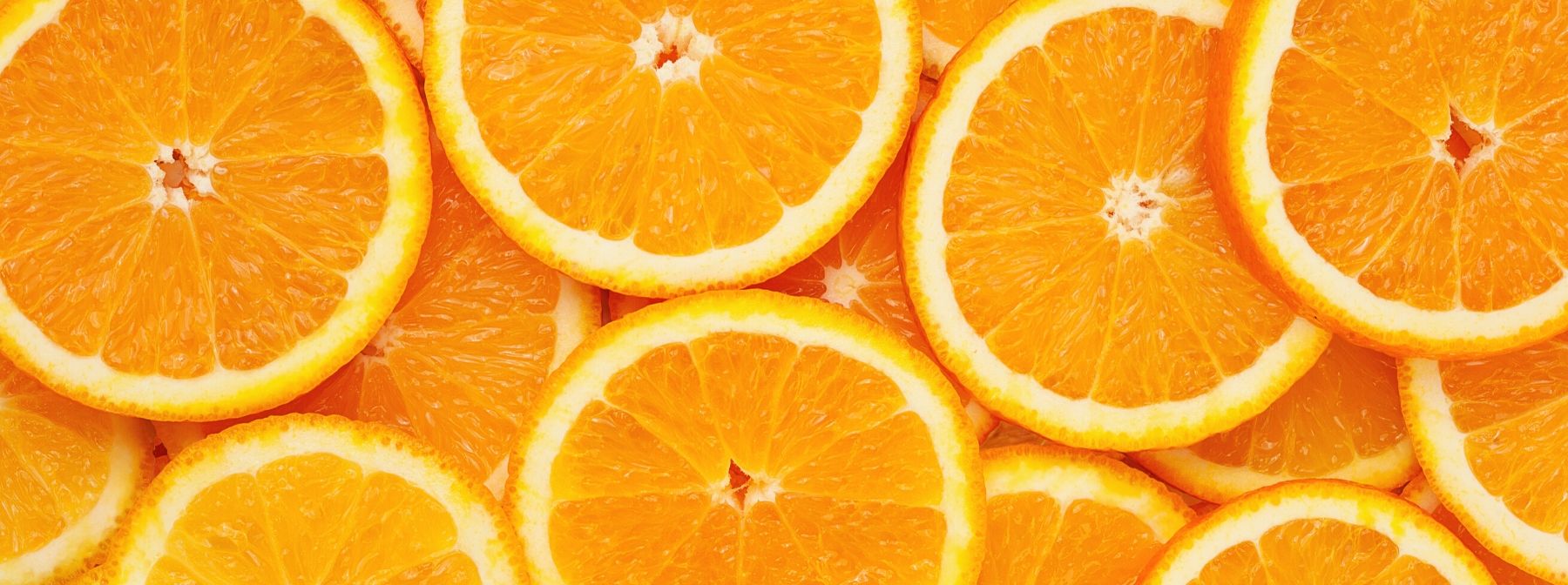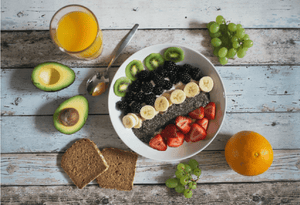
We all know that it’s important to eat a diet that’s balanced and full of vitamins- especially during the colder months! But what is it that we actually need from Vitamin C and how do we know what’s too much?
Join us for today’s blog where we’ll be discussing all things vitamins, covering everything from health benefits to the best ways to increase your intake.
What is Vitamin C?
Vitamin C is a water-soluble vitamin that’s usually found within our food and can be naturally absorbed. It can also be known as ascorbic acid, and it is found mostly in fruits and vegetables. (1)
What does Vitamin C do?
This vitamin plays a key part in supporting our immune system and we need it to help our body grow and repair (1).
What is Vitamin C good for?
It has a wide range of benefits and functions, including:
Helping to protect cells and keeping them healthy.
Maintaining healthy skin, blood vessels, bones and cartilage.
Helping with wound healing. (2)
What contains Vitamin C?
The best way to increase your vitamin intake is to eat a rainbow of as many fruits and veggies as possible! You can eat fruit and veg in any form, whether that’s frozen, fresh or tinned. Some examples of fruit and veg high in vitamins are:
Guava
Papaya
Green & red peppers
Broccoli
Kiwi
Oranges
Blackcurrants
Strawberries
(1)
Do I need to take supplements?
According to the Department of Health and Social Care, you should be able to get enough vitamin C from your everyday diet. But, if you don’t enjoy eating fruit & veggies, or can’t access a balanced diet, supplements are a great alternative (1).
Looking for a tastier way to increase your vitamin intake? All of our meal replacement products contain 27 vitamins & minerals and our BURST drink contains a multivitamin blend, check them out below:
Can you have too much?
There is a guideline for taking vitamin C which is important to follow, especially when you’re taking supplements. Some key things to remember are:
Adults aged 19 to 64 need 40mg a day.
You should be able to get all you need from your daily diet.
Vitamin C cannot be stored in the body, so you need it in your diet every day.
If you exceed 1000mg a day, you could experience some negative side effects, including:
stomach pain
Diarrhea
flatulence
Best sources of Vitamin C?
Your diet should provide you with enough vitamins to keep your body healthy, but we recommend eating:
Blackcurrants: 160mg per serving
Red pepper: 100mg per serving
Kiwi: 47mg per serving
Guava: 126mg per serving
Orange: 73mg per serving
We know that now more than ever, it can be tricky to get a fully balanced diet (especially if you’re on a budget). That’s why we’ve compiled a list of our go-to products with added vitamins:
BURST low calorie energy drink
BURST Vimto low calorie drink
- Superfood Shakes
exante Core Shake range
FAQs
Is ascorbic acid vitamin C?
Yes! Ascorbic acid is just another name for it!
How effective is vitamin C?
Recent studies have shown that consuming vitamin C can increase your blood antioxidant levels by up to 30% (3).
What happens if I consume too much?
It is difficult to consume ‘too much’, but it can happen. If you have over 1000mg, you can experience some negative side effects, including:
stomach pain
Diarrhea
flatulence
If you’re experiencing any of these effects, simply cut out any additional supplements & return to your original diet.
Is vitamin C acidic?
Yes, it is but don’t worry, it’s perfectly safe for you to consume! If you find eating foods rich in vitamin C is upsetting your digestion, you may want to switch to supplements or one of our vitamin-rich products like BURST.










